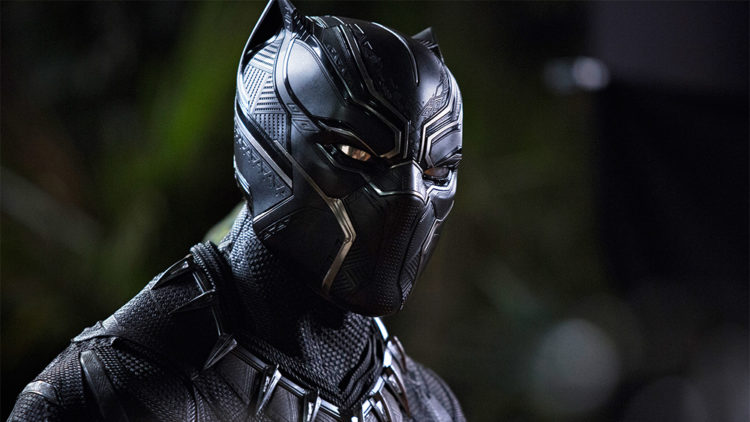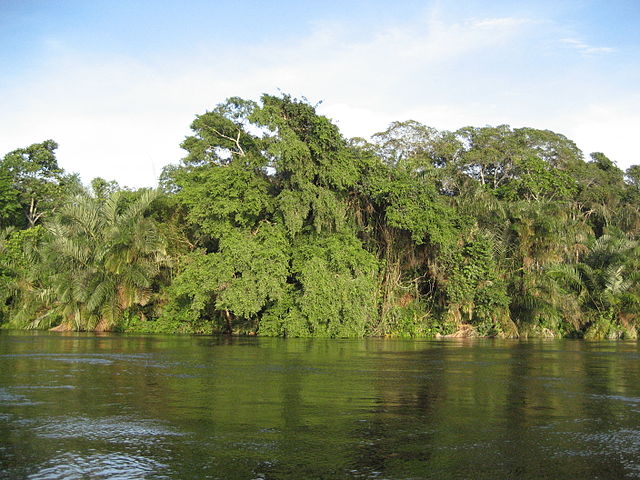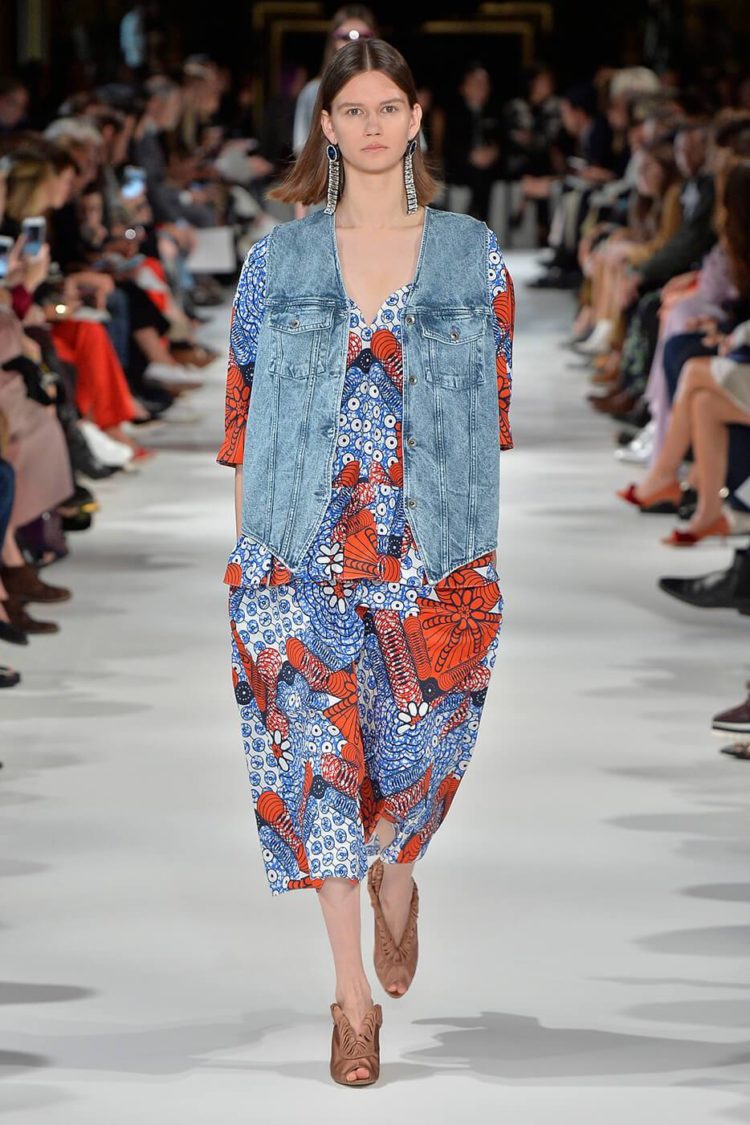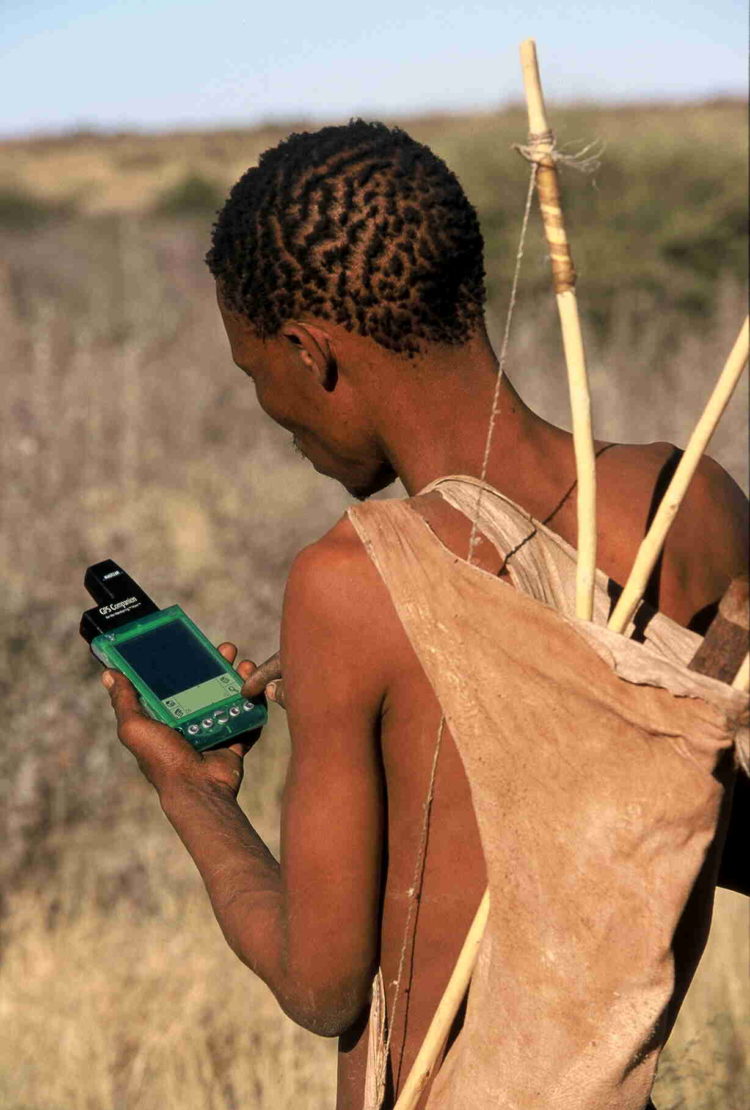The global narrative on Africa is often a paradox. On the one hand, the portrayal of Africa is frequently linked to poverty, famine, drought and conflict; but on the other, we hear of Africa’s great potential. Outdated phrases such as ‘Africa Rising’ and the ‘Next Frontier’ are often used to describe the continent, but myriad diverse and positive stories about Africa and its contribution to the developed world remain untold. Many people still view Africa as a continent dependent on aid and the West. But in fact, this dependency is a two-way street.
Myriad diverse and positive stories about Africa remain untold
Marvel’s Black Panther (albeit a fictional story based on a utopia) has given Africa a microphone on a global stage. It’s had the power to highlight this message in the hope of transforming Africa’s universal narrative into one of positivity. Black Panther also succeeds in providing a multilayered portrayal of the continent and its people. A continent that does not shy away from posing difficult, thought-provoking and important questions to both Africans and audiences worldwide.

Just as Wakadians possess their vibranium, Africans have been blessed by inhibiting not only one of the most beautiful and ecologically diverse continents, but also one of the richest, too. It is not just gold, platinum and diamonds that are abundant on the continent; cobalt, manganese and chromite metals (essential to modern inventions and gadgets, such as: mobile phones, electric cars and jet engines) are almost exclusively found in Africa.
Stretching over 4 million square kilometers, Africa houses the Earth’s ‘second set of lungs’
What’s more, a vast proportion of the chocolate we eat is produced by a handful of West African countries. And, East African farmers are responsible for a significant segment of the world’s tea and coffee production. But, aside from its economic produce, Africa also houses the Earth’s ‘second set of lungs’: the vast Congo Rainforest. Stretching over 4 million square kilometers, it is responsible for filtering much of the world’s carbon dioxide back into breathable oxygen.
But, Africa’s contribution to the world goes beyond natural resources. While you’re sipping on your morning coffee and eating a chocolate muffin, you may find out that the outfit you’re wearing, or new fashion collection you’ve been admiring, is in fact inspired by African designers.
The continent’s vibrant use of colour and creative designs in traditional African fabrics has been a source of inspiration in the fashion world for a number of years. Its impact was recently demonstrated in the 2017 spring/summer collection from Luis Vuitton and Stella McCartney’s controversial use of Adinkra prints in her last collection.
Aside from fashion, the contemporary African art market has also experienced a surge in popularity. Having inspired important artists in the past century, such as Picasso and Matisse, it is now increasingly featured at major international galleries and auctions, with the continent’s artists getting their share of critical recognition.
In the field of technology, Africans have also been making significant contributions. For example, Egyptian scientist Aly El-Shafei recently came up with a unique bearing design which has been found to significantly improve performance in power plant turbines. The invention has already garnered interest from turbine production giant Siemens and is likely to contribute to more sustainable energy production both in Africa and in the West.

An invention bordering on the latest wave of the current tech revolution is Nigerian inventor Osh Agabi’s Koniku Kore, the first device to fuse live neurons from mice stem cells into a silicon chip. The result is a device that has the potential to identify a number of threats from afar, ranging from cancer cells to explosives. A lesser-known, yet long used discovery is the Cyber Tracker, a device created by a couple of South Africans in the 1990s that helps to provide environmental monitoring through GPS.
With Africa’s footprint visible through vital resources in the world’s economy, technological contributions and the latest trends in what we wear, it becomes clear that this is not a continent purely dependent on the West – and nor are its people. Rather, Africa is a significant contributor to world civilisation and many of the products which we all hold dear to us.
Djembe Communications endeavours to play its part in telling the positive stories coming out of Africa and showcasing the best of the continent’s groundbreaking innovations through work with the Innovation Prize for Africa (IPA), highlighting game-changing innovations for Africans by Africans, such as Dr. El-Shafei’s afore mentioned bearing design; working with sustainability partner the Black British Female Artist Collective (BBFA), a platform created to showcase the best female emerging artists of the diaspora, Africa and Caribbean; and their implementation of the IPA 2017 campaign and event held in Ghana last year which was shortlisted at the PRWeek Global Awards 2018, with nominations for ‘Best Campaign in Middle East/Africa’ and ‘Global Event Activation’).
While we have a long way to go before we have Wakanda-like inventions, there is no denying that the future is within Africa’s grasp.
Paschorina Mortty is UK Country Manager at Djembe Communications.



